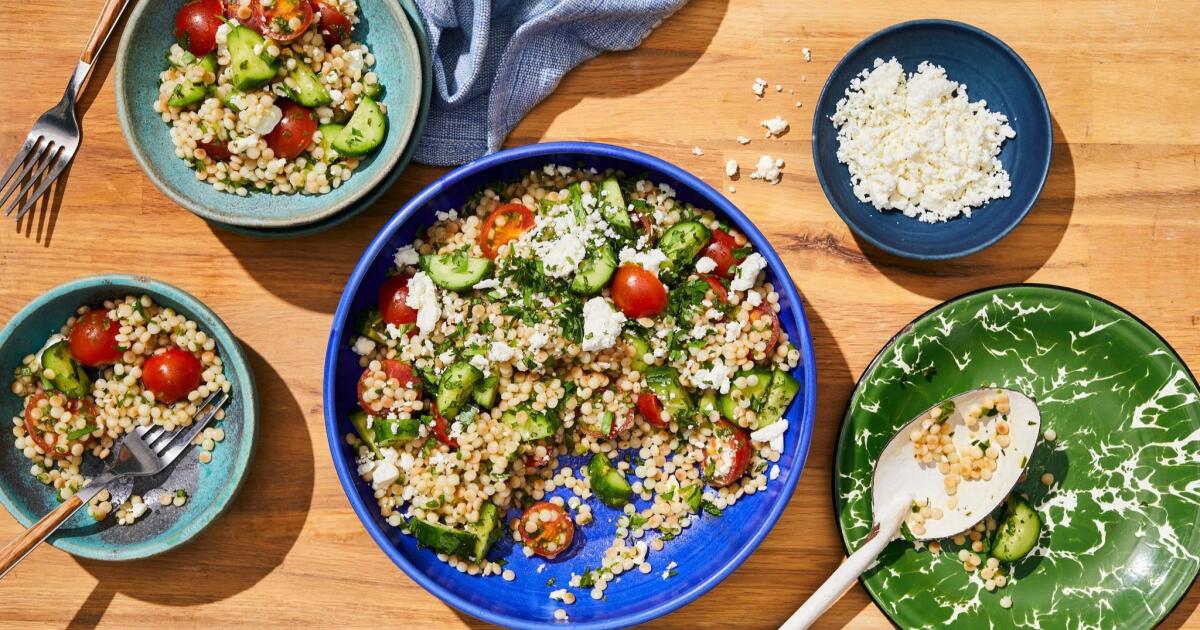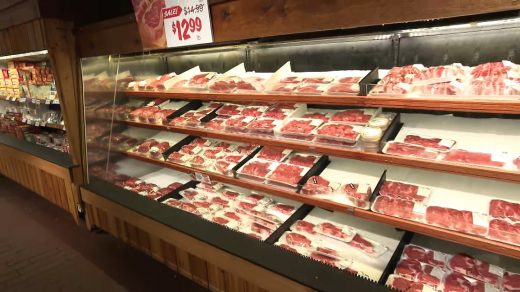Happy spring! I hope those who celebrate had a very happy Easter and Passover and that everyone had a chance to enjoy our recent sunshine with family and friends. This week’s Wine Q+A focuses on the magic of growing grapes and producing wine. What does it mean for a wine to be classified as “natural” or “organic?” Why are only certain wines vegan, even though they’re all made from grapes? And how are some wine producers creating low-calorie wine options?
As always, you can send me your wine-related questions at Michael@passionvines.com, or text me at 609-248-6065. I will use this column to provide answers and, hopefully, some helpful tips and insight.
Q: Pat W. from Linwood asks, “I see that Kim Crawford has a new low-calorie wine called Illuminate. What makes a wine low-calorie?”
A: Hi Pat! We have seen a recent increase in health-focused beverage options, with many producers boasting low-calorie, low-sugar, low-carb and low-proof alternatives. But how do they do it?
Most of the calories in wine come from residual sugar and alcohol. In the case of Kim Crawford’s new Illuminate Sauvignon Blanc, they use a specific distillation process to remove some of the alcohol from the wine without impacting its aromatics. The finished product is a lower calorie option (70 calories per glass), with alcohol reduced to 7% (Kim Crawford’s flagship Sauvignon Blanc has an ABV of 13%).
If you are seeking a naturally lower calorie wine, look for dry wines with a lower ABV, such as Prosecco (brut or extra dry), dry Riesling, or Gamay. These wines typically fall on a spectrum of 80 to 120 calories per glass.
Q: Karen S. from Margate asks, “What’s the difference between a natural wine and an organic wine?”
A: Hi Karen! Natural wines and organic wines have a lot in common. Most significantly they share a concern for the earth and sustainable practices, but there are also several key differences.
To be certified organic by the USDA, a wine must be made without genetic engineering, and it must undergo a rigorous process of inspections and assessments. The grapes must be grown organically without synthetic fertilizers, and all other ingredients such as yeast and fining agents must be certified organic, as well. While sulfites are commonly added to wines as an additional preserving agent or to enhance flavor, organic wines cannot have added sulfites. Wines labeled as “made with organic grapes” have slightly less restrictions, but it is still a feat for winemakers to achieve this certification.
“Natural wine,” on the other hand, is not a legal certification. Rather, it’s a loose term that refers to wines made with little to no intervention by the winemaker. This means grapes are grown without the assistance of pesticides, grapes are handpicked, and juice is fermented into wine using only native yeasts. These yeasts occur naturally on the fruit, and winemakers allow fermentation to start spontaneously, rather than controlling fermentation with the addition of cultured yeasts. While natural wines won’t necessary be certified organic, one could argue that they exemplify the most ancient, non-invasive method of winemaking.
You can expect native yeasts to impart wildly different flavor profiles and textures onto wine. Natural wines may have an oily or creamy texture and exhibit funky aromas and flavors reminiscent of barnyard, forest floor and sourdough (along with more familiar impressions of fruit and spice).
One of our favorite natural wine producers is La Clarine Farm from California. Check out their Mourvèdre Alto 2016 ($28.49) and Rosé Alors 2020 ($27.99).
Q: Carol S. from Somers Point asks, “What makes a wine vegan?”
A: Hi Carol! This is a great question. While the grapes in wine are, of course, vegan, other ingredients added during the winemaking process can present a challenge to those looking to avoid animal byproducts.
Most wines undergo a process called “fining,” during which a substance — the “fining agent” — is added to clarify and stabilize the wine. The fining agent binds to unwanted particles that could cause the wine to appear hazy or contribute undesirable aromas and flavors. Oftentimes, these fining agents are derived from animal products. Egg whites, casein — a protein commonly found in cow’s milk- and isinglass — a form of collagen obtained from the swim bladders of fish — are among the most popular fining agents.
If you are searching for vegan wines, go natural! Natural wines are made with minimal intervention and are typically unfined. Some producers also employ sterile ceramic filters instead of a more conventional fining agent.
One of my favorite vegan producers is Avaline. They have an awesome white blend from Spain and a red blend and rosé from France (all on sale for $19.99).
What I’m drinkingScholium Project Michael Faraday Chardonnay 2015 ($26.99)
This 100% Chardonnay from Sonoma, California, was produced using spontaneous fermentation. It was aged in a combination of barrels that offer a balanced oak presence. The resulting wine is ripe with a firm backbone of acidity and unique nutty, sherry-like notes. This is a must-try for anyone curious about natural wine!
Q&AI’ll finish with a question for you. Email me the answer, and I’ll reply with a prize.
We’ve talked a lot about natural and organic wines. Another category of sustainably produced wines involves those grown using biodynamic agriculture.
Which of the following practices are used in biodynamic farming?
a) Vineyards are surrounded by diverse plant species that naturally ward off pests and increase vine resilience.
b) Grapes are tended according to a calendar inspired by the elements of air, earth, fire, and water.
c) Winemakers prepare special compost mixtures with cow horns, manure, and chamomile.
d) All of the above.
Drink Passionately,
Michael
Michael@passionvines.com
Get local news delivered to your inbox!
Racks of lamb, piles of pancakes, chocolate eggs and more pastel tones and giant bunnies than you’ll see all year – these are the staples of a…
When most people think of Mexican food, they think of tacos, burritos, tamales and any of the other usual suspects that you’ll find on menus e…
Atlantic City’s culinary scene will get a lot hotter this summer as the most popular chef in the world — Gordon Ramsay — will open Hell’s Kitc…
BUY TICKETS HERE
Buffalo chicken is a craze that shows no sign of slowing down. And frankly, I am just fine with that, as I am a huge fan of wings, tenders, ta…
Ever have a burger that is so good you find yourself legitimately upset when it’s all gone? We have. So we thought, “Wouldn’t it be great if t…
In the restaurant world, a lot of the spotlight shines on the entrees, but those who love to eat out know that the real stars of the show are …
It was looking iffy for a while, but Major League Baseball is officially back and in full swing (pun absolutely intended). There is something …
Fortunately, South Jersey is blessed with an abundance of establishments that take great pride in producing some of the best locally-sourced, …
Get up-to-the-minute news sent straight to your device.




